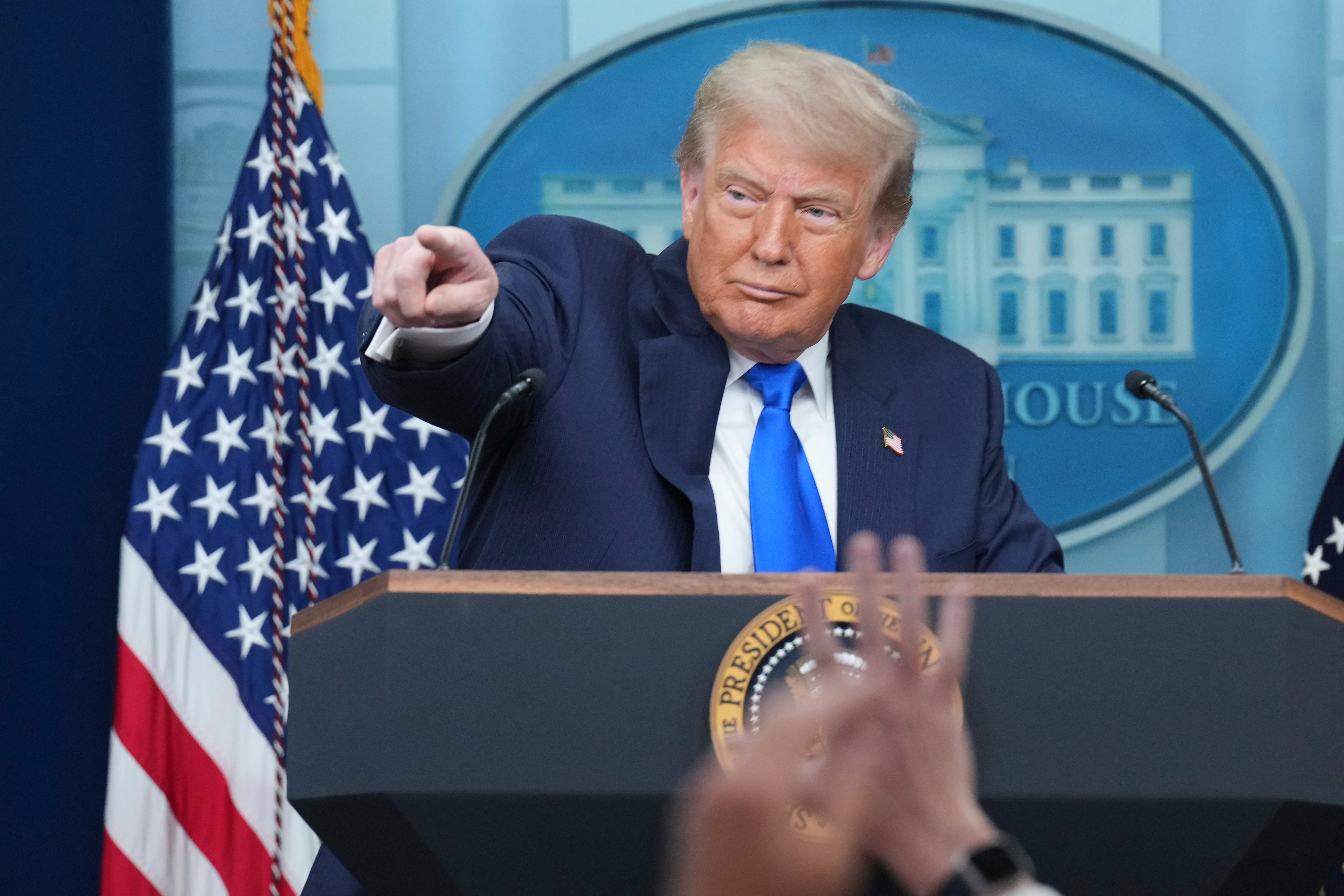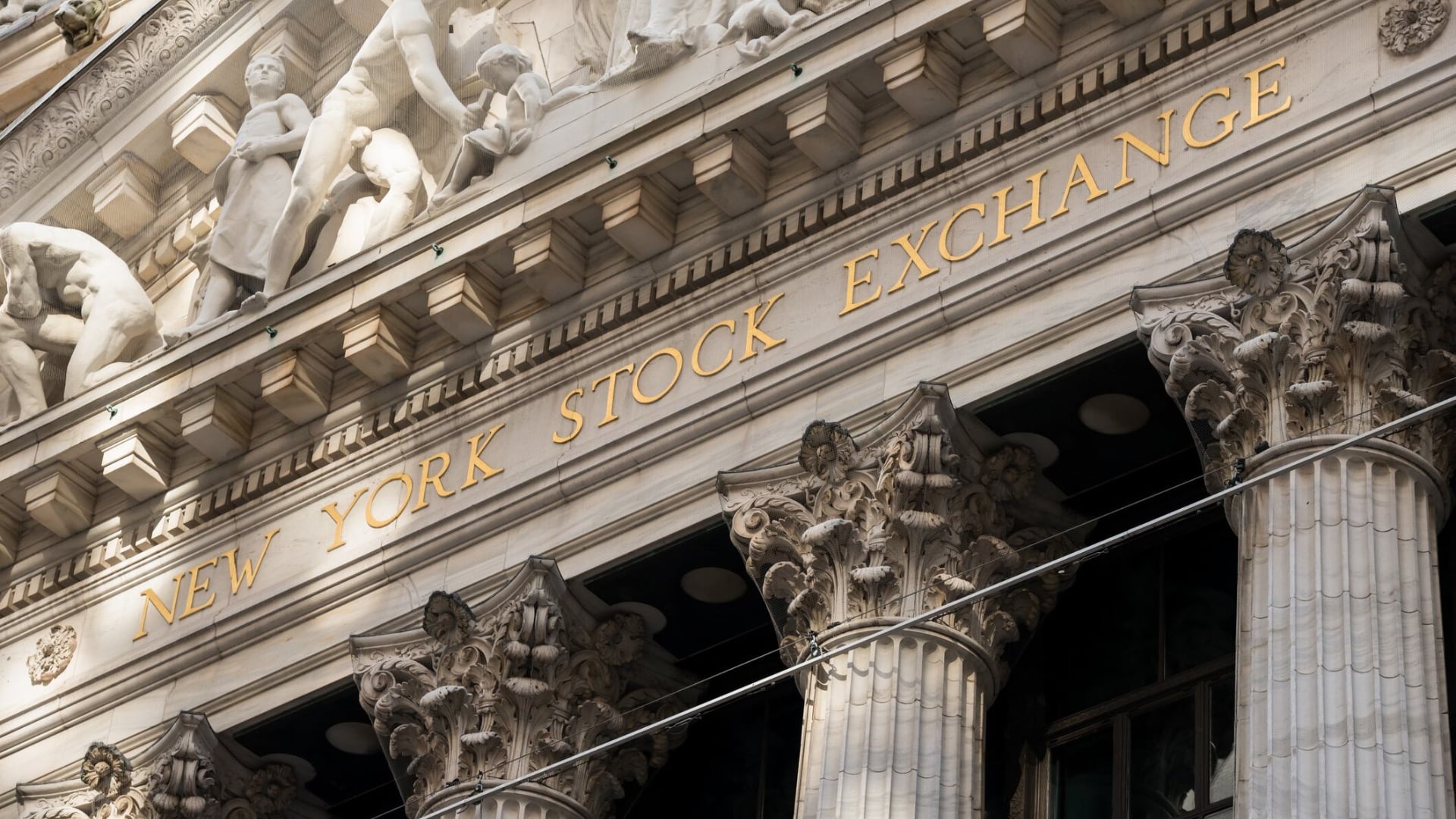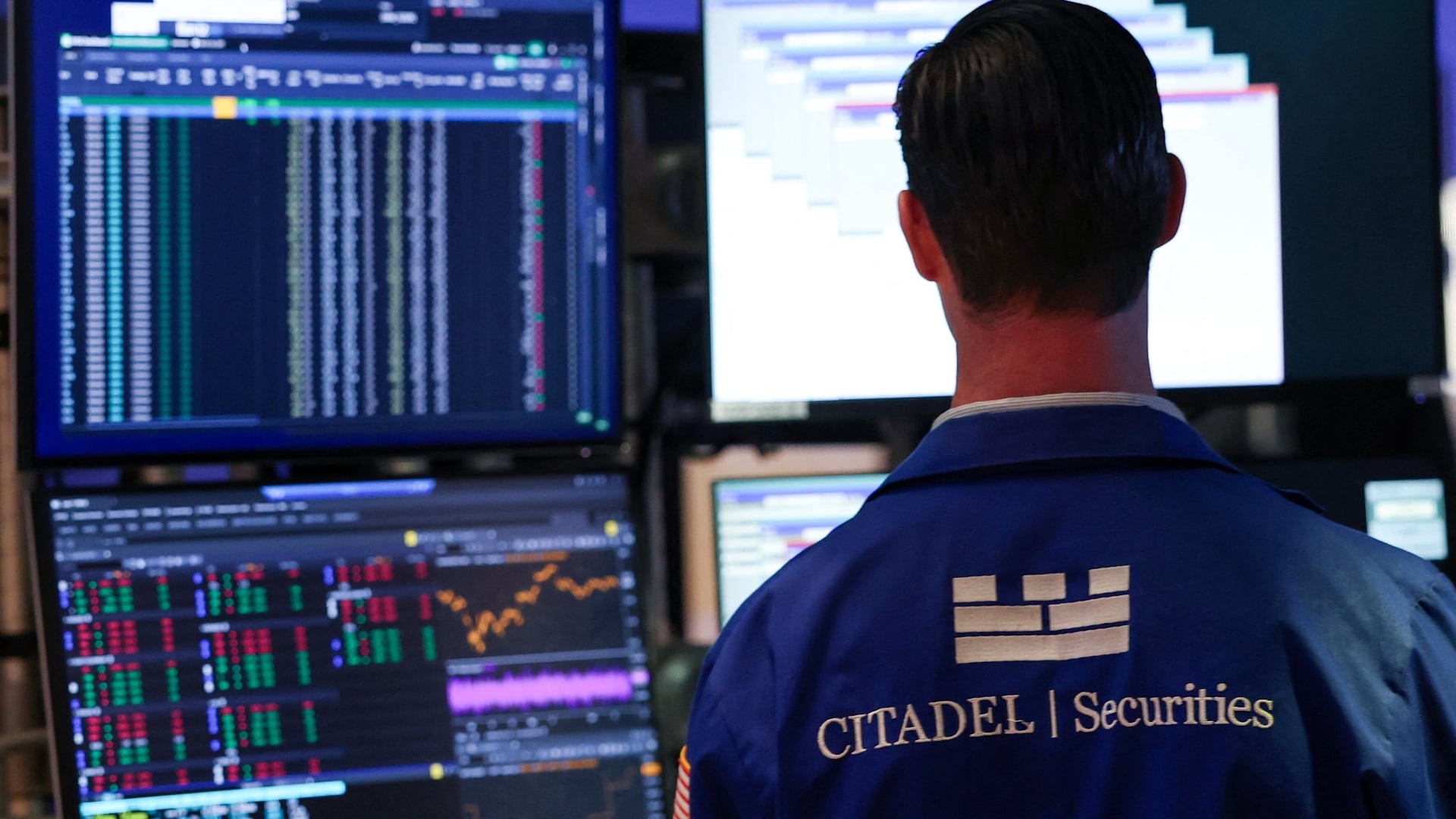The Winklevoss-led cryptocurrency exchange Gemini has made its first acquisition: a platform that lets users buy and manage non-fungible tokens called Nifty Gateway.
Gemini, which announced the deal in a blog post early Tuesday, did not disclose the financial terms of the acquisition. The company declined a request for comment.
Non-fungible tokens, also known as NFTs or “nifties” represent a unique piece of digital property and are not interchangeable, unlike other better-known crypto assets designed as digital money. Bitcoin, for example, is designed so that one bitcoin is fully substitutable for another bitcoin.
CryptoKitties, the Ethereum blockchain-based game that allows users to purchase, collect, breed, and sell virtual cats, brought the idea of NFTs to light in 2017.
With the acquisition, Gemini is betting that real-world and digital collectibles will migrate onto blockchains in the form of NFTs. Gemini CEO Tyler Winklevoss cited stamps, baseball cards, Magic: The Gathering cards, and Tamagotchis as examples of popular collectibles in the real world; as well as digital collectibles like skins, dances, and other in-game items for sale inside popular online games like Fortnite and Overwatch. Mobile gaming is a $50 billion industry, but only 5 percent of players are spending money in them.
"As part of our mission to build the future of money, we are building bridges into these new digital economies,” Winklevoss said in the post. “The Nifty Gateway platform can leverage Gemini’s brand of security and trust.”
Nifty Gateway lets users pay for NFTs with a credit card, like a normal online purchase, without having to own cryptocurrency. Typically the process for acquiring NFTs is more complex, requiring that people open digital currency wallets and buy cryptocurrency on an exchange.
Today Nifty facilitates NFT purchases for the most popular crypto games and applications, including CryptoKitties as well as OpenSea and Gods Unchained. For now, it will remain a separate experience from the Gemini app.













